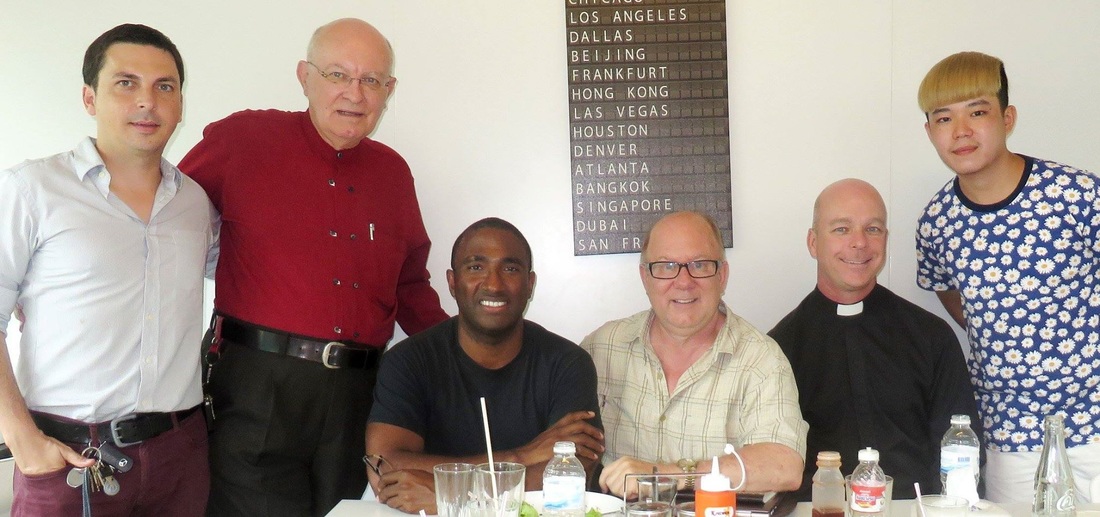|
Stressed minorities always have trouble finding allies to help them advocate for relief. The gay and lesbian movement is no different. But it is important to be clear about what relief is being sought.
If the goal for LGBT constituencies is civil rights, our allies might be others looking for civil rights. Here in Thailand those might include the feminist movement, religious-cultural minorities, stateless migrants and refugees, or landless villagers. If the goal is status and respect, potential colleagues might be those stigmatized by handicap or disfiguration, by diseases such as leprosy (Hansen’s Disease) or HIV-AIDS, by sex work, or by their criminal past. Here’s where the trouble is. An alliance needs to be large to be noticeable and powerful, but the more diverse the alliance the more targets there are for the opposition. For this reason alliances are hard to form and fragile. Thai feminist professionals looking for ways through the glass ceiling see only peril from having their efforts compared to those of transgender women and lesbians, much less to professional sex workers. What have ethnic Karen villagers wanting Thai ID cards got in common with same-sex couples wanting marriage certificates? Gay entrepreneurs in high-rise condominiums on Sukhumvit’s golden miles want respect money can’t buy but certainly don’t imagine affinity with kathoey boys on the streets below or with former sex criminals is a way to get respect. So formidable are the obstacles to alliances, that few advocates would see any advantage in trying to form them. It would be better, wouldn’t it, just to forge an identity, as commercial brands build recognition? Notoriety builds fame fastest, but that usually is not how to garner respect, even though it works well for book sales. For the most part, public recognition for a social movement takes time, luck and patience. A lot of money for advertising also helps. Meanwhile, rather than narrowing focus onto particular objectives (such as removing the requirement to specify “Mr., Miss or Mrs.” when applying for a passport), it might be expedient to broaden the focus to address more fundamental objectives. That was the conclusion of a think-tank I attended this week. (See the pictures above.) Our conclusion was that for LGTK (lesbian, gay, transgender and kathoey) people, stigma comes because of failure in sex and gender education. Bias and misunderstanding are perpetuated throughout the culture because they are never challenged. That’s the place to begin. We can acquire educational resources and validation from the medical and health sectors, and begin to supply supplementary material to key people at the local level. If that is our project, and we are not mounting a direct challenge to those in power, we already have people and groups working on this. Rather than persuading them to join our movement, we can join theirs. We’re going in the same direction on the same road. It’s going to take a generation to reduce social stigma that comes from persistent homophobia and ignorance. So why not concentrate on the young people who are ready to receive knowledge-based information and who are going to be the policy makers by the time anything else we could undertake will be showing results?
0 Comments
Leave a Reply. |
AuthorRev. Dr. Kenneth Dobson posts his weekly reflections on this blog. Archives
March 2024
Categories |
| Ken Dobson's Queer Ruminations from Thailand |
|


 RSS Feed
RSS Feed
